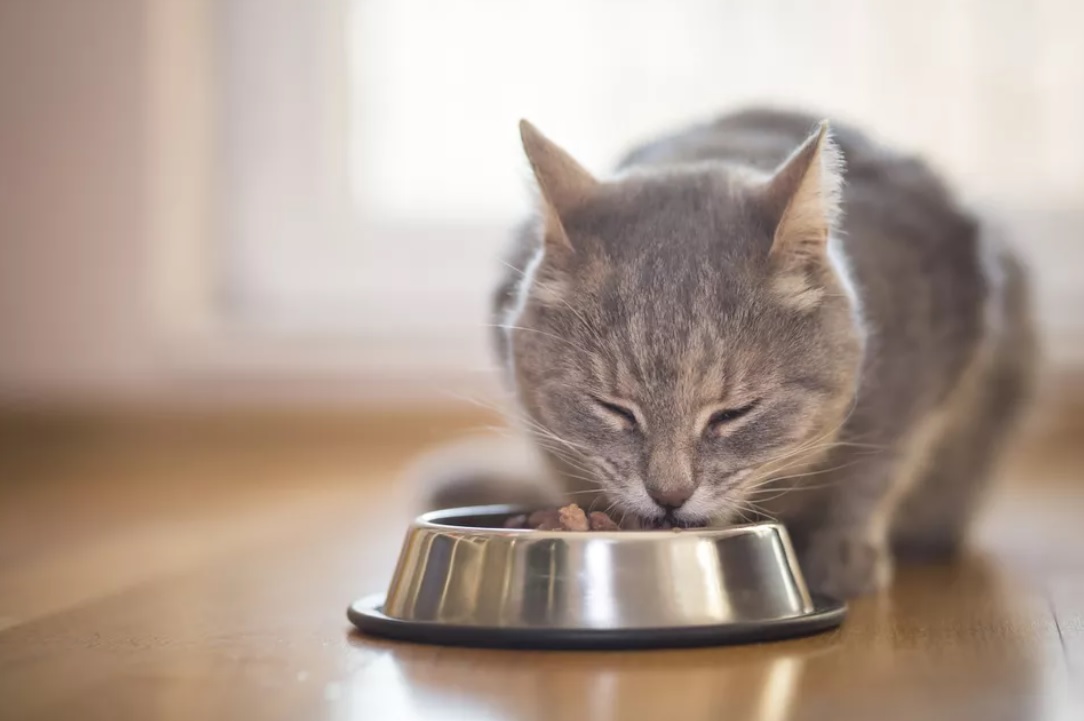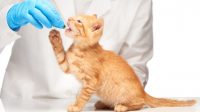Is your cat vomiting undigested food? Well, it’s kind of uncommon for cats to vomit, unless there is something serious residing on its body. If the food that’s thrown out isn’t digested yet, chances are your cat is regurgitating, which is different from vomiting itself. Both vomiting and regurgitation have their own causes, just as described below.
Vomiting in cats
If your cat throwing out its partially digested food, along with other stomach contents, like water or even bile, that is what vomiting is like. Typically, cat vomiting undigested food and bile will be preceded by retching sound and abdominal muscles contraction. Drooling is a preceding sign of vomiting as well.
What causes vomiting in cats? There are many etiologies causing them to vomit. Some of them include the gastrointestinal problems and even psychological ones.
- Gastrointestinal (digestive system) problems
When it comes to vomiting, it is reasonable to suspect the cause from its related system: digestive tract. Digestive system problems that may cause cat vomiting are the piling hairballs, internal digestive tract obstructions, and even parasitic infections. Constipation and poisoning can also contribute to puke-y cat as well, although the number isn’t that many. - Psychological problems
Despite the fact that psyche and gut own too massive gap to link up, cat’s psyche problems may account to vomiting, too. If your cat is stressed, depressed, or suffering from anxiety, vomiting is another one nonspecific symptom that may emerge.
Regurgitation
Unlike vomiting, regurgitation does not make your cat vomiting all its stomach contents. Instead, cats will only eject what’s inside their mouth or esophagus. So, usually you won’t get to observe any watery materials on its thrown-out food.
If you think regurgitation is the case, the main possible reason underlying that is your cats eat too quickly. Hairballs too can cause your cat vomiting undigested food due to regurgitation. Dietary changes play a role behind the ejected food as well.
To make your cat accustomed to the new food, it is recommended to give the feline fellow its new food in a small amount first combined with its old food. Slowly but surely, reduce the amount of old food and in lieu, add more new food. If your cat is eating too quickly until it causes regurgitation, more frequent smaller portion should be done to help its stomach works at ease.
Both vomiting and regurgitation if occur recurrently, they should ring the alarm of an immediate vet visit. Upon arrival you should tell the vet how long and often your cat has been vomiting undigested food, including what you have done to treat it. Aside from checking your cat’s physical condition, further examination such as blood work or X-ray examination may be done to get the best diagnosis. Therefore, your vet may solve the question mark behind cat vomiting undigested food.







